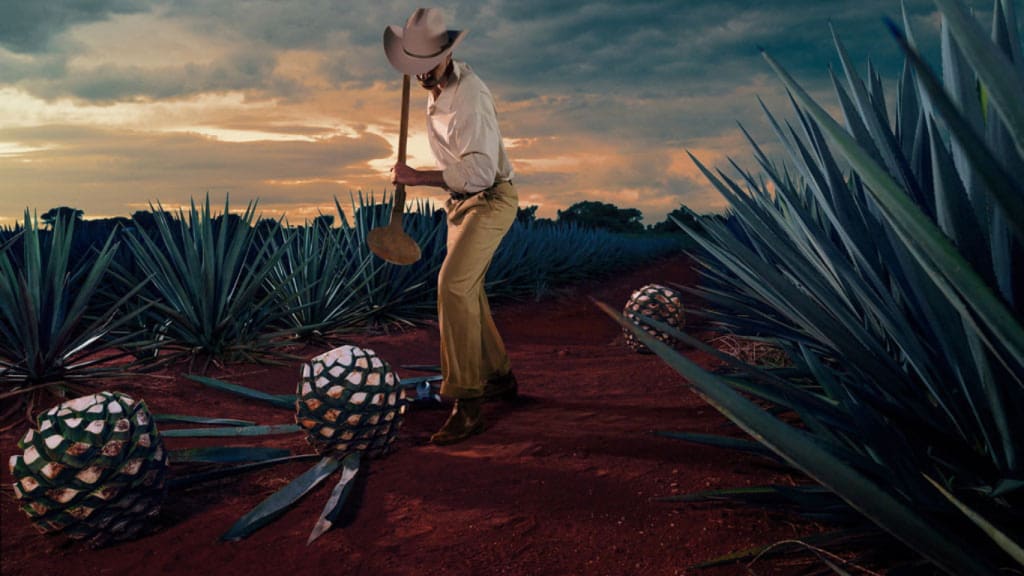“Mezcal: A Tradition at Odds with Modernization and Certification”
"Exploring the Complex World of Mezcal Production and the Battle for Traditional Practices"

Introduction
Mezcal, often referred to as the “elixir of the Gods,” is deeply ingrained in Mexican culture and history. This traditional spirit, renowned for its smoky flavor and artisanal craftsmanship, has been produced using time-honored methods for centuries. However, as Mezcal gains international popularity, the clash between tradition and modernization, coupled with the challenges of certification, is reshaping the industry.
From Agave to Mezcal: A Centuries-Old Craft
Mezcal is not just a drink; it’s a tradition that predates tequila. Made from the agave plant, Mezcal derives its name from the Aztec word “Mexicali,” signifying “Agave roasted in the oven.” The legend surrounding Mezcal’s origin speaks of a lightning bolt striking an agave plant, creating the elixir. This smoky spirit, with its rich history, has long been the beverage of choice for the working class in Mexico.
The Labor-Intensive Agave Harvest
Creating Mezcal begins with the agave plant’s “piña” or heart, which forms the core ingredient. These piñas, weighing hundreds of pounds, are harvested by hand, with the thorns and leaves carefully removed to avoid injuries. The labor-intensive process extends to breaking up the piñas for ease of transport, a testament to the dedication of those preserving tradition.
The Essence of Smokiness: The Underground Oven
A crucial element in Mezcal’s distinctive flavor profile is the earthen oven. The piñas are cooked for up to nine hours, buried underground. The smoldering process imparts the signature smokiness, a feature beloved by Mezcal enthusiasts worldwide. Building these ovens is an art form handed down through generations.
Traditional Milling: A Horse-Powered Grind
After cooking, the piñas are ground to create the Mezcal mash. Traditional milling, featuring a horse pulling a massive stone, is still preferred by some producers. This method crushes the agave fibers, setting the stage for fermentation.
Fermentation and Distillation: From Mash to Spirit
Fermentation is a natural process where yeast consumes the agave’s sugar, converting it into alcohol. After nearly a week of fermentation, the alcohol-rich mash is distilled. The distillation process is performed twice, resulting in four distinct batches, including the prized “head” and “body” of Mezcal.
The Rise of Mezcal: International Popularity and Challenges
In recent years, Mezcal has experienced a surge in popularity, particularly in the United States, where it has become the fastest-growing spirit. The U.S. market for Mezcal now surpasses that of Mexico. However, this newfound global fame has brought both opportunities and challenges.
Certification and the Clash with Tradition
To standardize and regulate Mezcal production, the Mexican government established a certification process akin to the “denominación de origen” for champagne. While intended to safeguard tradition and quality, certification requirements have become a barrier for many traditional producers. The process is time-consuming, expensive, and can take over a year to complete.
The High Cost of Certification
Certification costs producers thousands of dollars, from initial fees to lab testing and equipment expenses. The financial burden often falls on smaller producers, threatening their ability to maintain age-old practices. Some traditional mescaleros, like Graciela Angeles Careño, have chosen to forego certification and label their Mezcal as “distilled agave” to preserve their ancestral methods.
Competition and International Ownership
With the rising demand for Mezcal, international companies have entered the market, often repackaging and reselling Mexican Mezcal. While this competition brings global recognition, it leaves traditional producers with a smaller share of a booming industry. Mexican-owned Mezcal brands are facing challenges from larger, foreign-owned competitors.
Preserving Tradition: The Way Forward
Despite the hurdles, traditional mescaleros remain committed to their craft, preserving their heritage one batch at a time. Calls for streamlining the certification process and respecting the native terminology of agave are growing louder. The future of Mezcal production stands at a crossroads, where the soul of this age-old tradition meets the demands of a changing world.
In conclusion, Mezcal, deeply rooted in Mexican culture and tradition, faces a complex landscape of modernization and certification. As the industry continues to evolve, traditional producers are determined to protect their heritage, ensuring that the heart and soul of Mezcal endures for generations to come.
About the Creator
Enjoyed the story? Support the Creator.
Subscribe for free to receive all their stories in your feed. You could also pledge your support or give them a one-off tip, letting them know you appreciate their work.






Comments
There are no comments for this story
Be the first to respond and start the conversation.